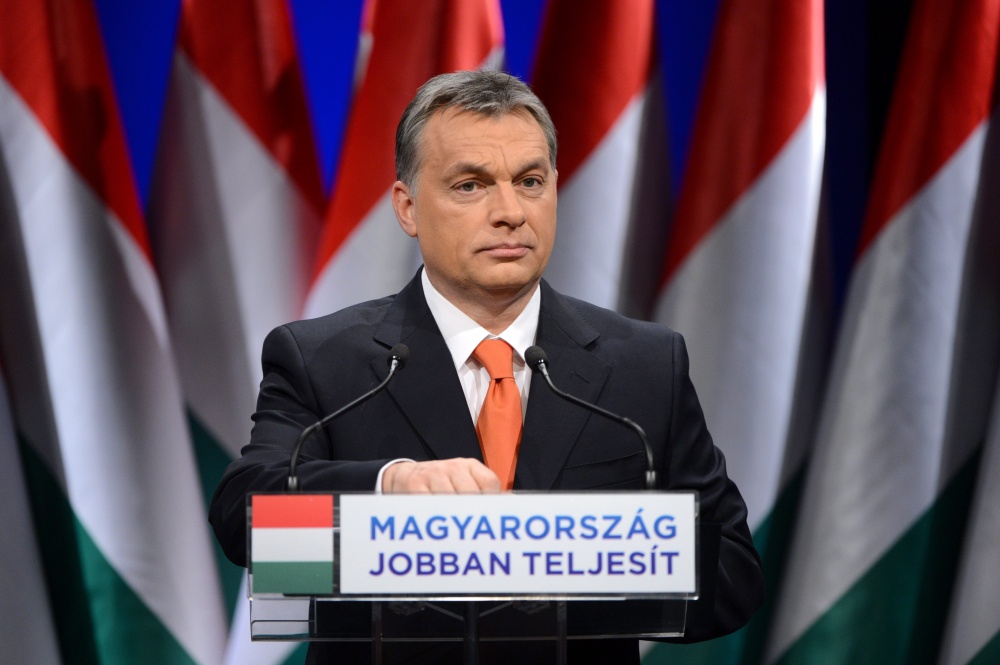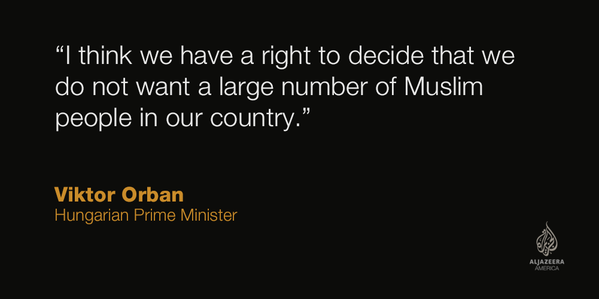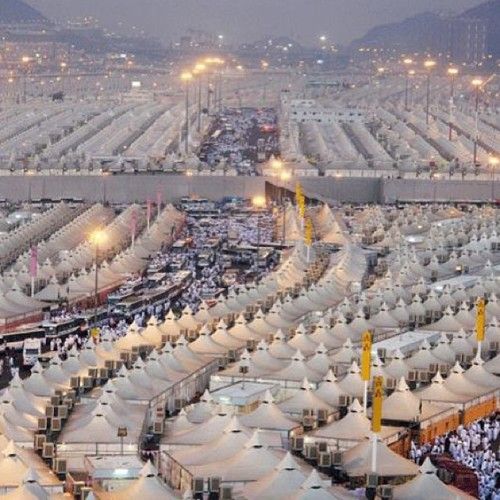Refugees Not Welcome
In the midst of Europe’s gravest refugee crisis since the close of the Second World War, Hungarian Prime Minister Viktor Orban has drawn condemnation from western European leaders for adopting a religious stance toward the ballooning problem of Syrian migrants.
Orban, leader of the ruling conservative Fidesz party, voiced his concerns while his country was overrun with refugees fleeing Syria’s civil war after travelling through Turkey, Greece and Serbia.
“The people want us to master the situation and protect our borders. Only when we have protected our borders can questions be asked about the numbers of people we can take in, or whether there should be quotas.” Orlan said in a recent interview.
“That is an important question, because Europe and European culture have Christian roots. Or is it not already and in itself alarming that Europe’s Christian culture is barely in a position to uphold Europe’s own Christian values?”
Orlan’s religious interpretation of the crisis sits uneasily with a largely secular western European audience and draws accusations of racism, but his message is ringing alarm bells amongst the still religious – predominantly Christian – Balkan states. It’s easy to point a finger from the UK and label the Hungarian PM a xenophobe, but the startling truth is he may just have a point.
While the UK has shrunk away from a non-secular viewpoint in the last century, many of the key facets of British law that uphold key rights including, ironically, freedom of religion, were born from a country deeply rooted in Christian culture and tradition. With religious minorities being the subject of fierce discrimination, persecution and even death sentences in Middle-Eastern muslim countries, how can a liberal, freedom-loving west reconcile itself with the millions of Muslim migrants now crowding into Europe?
While migrants may indeed be fleeing a brutal civil war in search of a ‘better life’, it does not necessarily hold that they want to settle down peacefully to a western lifestyle. Being a refugee will not radically change their faith or conviction. When that world view includes celebrations in the wake of 9/11, one has to question whether it can ever be a part of western society. Of course, not all Syrians reacted the same way. That President Assad even sent official condolences to the United States after the events of September 11, 2001 just goes to show how muddled the middle-eastern problem can become.
Western ‘allies’ in the region, including Saudi Arabia, pursue policies of religious persecution unimaginable in the west, including a police force dedicated to hunting down non-Muslims who practice in public and executing Muslims who choose to convert. The same attitude prevails throughout the middle-east, with similar persecution of homosexuals and ethnic minorities. IS, or Islamic State, is just the pinnacle of this with crimes ranging from taking women as sex slaves, throwing gay men from rooftops and executing political opponents with rocket launchers to crucifixion of christian victims.
The only unified European response to this crisis seems to be in the most-afflicted areas, with Serbia, Hungary and now Bulgaria agreeing shutting borders and erecting fencing seems to be the only way to prevent their countries being flooded with hundreds of thousands, if not millions of immigrants. While western Europe flirts with social and cultural disaster and hot air is expended deciding what to do, eastern Europe is pulling up the drawbridges, thus discouraging more immigrants from making the journey and further overwhelming European ability to assist.
While huge numbers of migrants are indeed Syrian, it is estimated 95% of migrants making the trip to Europe are from other countries such as Eritrea, Afghanistan and Iraq. While politicians and celebrities clamour to jump on the populist ‘Refugees Welcome’ bandwagon, the vast majority of their intended audience are flying under a false flag. Economic migrants remain very different to war-afflicted refugees.
Saudi Arabia’s recent offer to build 200 mosques in Germany ‘in order to help accommodate the thousands of Syrian migrants heading there’ is nothing short of an insult to European generosity when one considers the arabic nation has accommodation for 3.5 million sitting unused 11 months of the year; vast tented jungles normally used for the Hajj pilgrims flocking to Mecca. Must Europe be crushed under the weight of this crisis merely to avoid upsetting the organisation of a Muslim religious festival?
With ‘Refugees Welcome’ the prevailing social media trend of the day, one cannot help but wonder if Europe is sleepwalking toward a very different, darker, less tolerant future as a more extreme Muslim minority gets rapidly more powerful. Europe’s greatest error is to imagine the migrants flooding to European shores are already fully-assimilated westerners, while also to imagine that concern for the preservation of European values is ‘racist’. The inconvenient truth is that two hugely different cultures and world views are about to collide, big-time.
When the Romans met the Greeks, Rome prevailed. When the Aztecs met the Spanish, Spain prevailed. The question is, which culture in Europe will be left standing by the end of the 21st century?



